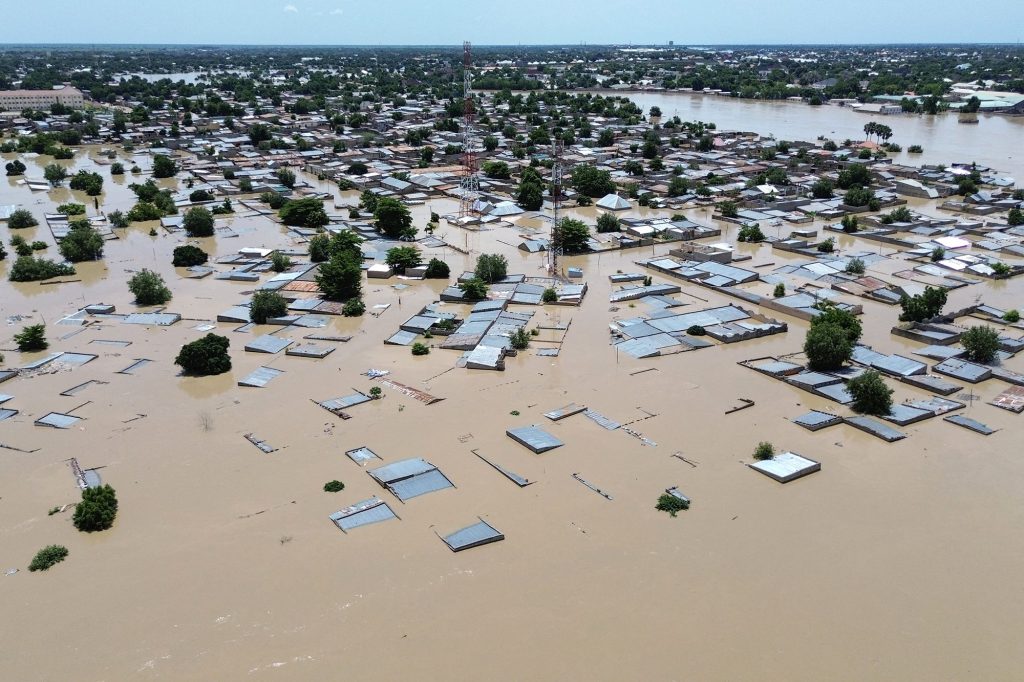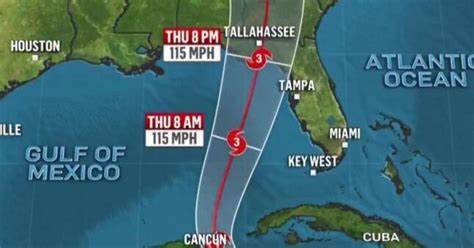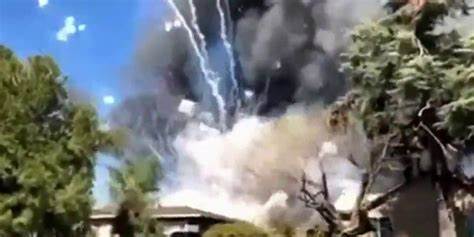(Photo: Audu Marte/AFP/Getty Images)
ABUJA (CNN) — Floodwaters that gushed from an overflowing dam in northern Nigeria engulfed a zoo and swept animals including crocodiles and snakes into communities, as the region battles some of the worst flooding in years.
In the northeastern Borno State – one of the areas hit hardest by floods in the region – officials at a state-run zoo said Tuesday that surging waters had killed “more than 80%” of wildlife at the facility and washed animals, including deadly reptiles, into neighbourhoods.
A video of an ostrich wading through a flooded road in the capital, Maiduguri, has been widely shared on social media.
A spokesperson for NEMA, Nigeria’s Disaster Management Agency, Manzo Ezekiel, told CNN Wednesday that efforts were being made to recapture the animals.
“I believe the zoo managers are not resting. They will be doing their best to recover some of the animals that they can recover because the animals going out there will pose danger to the people,” he said.
Swaths of Maiduguri remain flooded, after the Alau Dam, 20 kilometres (12 miles) southeast of the city, overflowed over the weekend, leaving entire houses submerged.
The United Nations Refugee Agency (UNHCR) described the flooding as the worst in Maiduguri in 30 years.
Authorities have not confirmed any human deaths from the event, but more than 200 people have died in other floods across the country over the past few weeks.
The UN agency said that about 280,000 people are estimated to have been affected in Maiduguri and that around 200,000 others have been displaced in the city.
Weeks of flooding across Nigeria have led to 229 deaths and displaced more than 386,000 people, according to the latest data from NEMA, shared with CNN.
Northern Nigeria has been the most affected by the floods, the data showed.
NEMA said one of the spillways of the Borno dam collapsed, “leading to a significant increase in water flow … and exacerbating the flooding in surrounding areas.”
Its spokesperson, Ezekiel, told CNN that “the flood is very intense” and is “beyond what was forecasted.”
“We didn’t envisage this volume of water rushing into the town,” he added.
Nigeria’s meteorological agency, NIMET, however, had warned of the risk of flash floods across the country following torrential rains.
Last month, the Nigeria Hydrological Services Agency (NIHSA) also warned of the rising water levels of the Niger River, one of the country’s largest rivers, urging states to be on alert.
Extreme rainfall events are expected to increase in frequency and intensity across almost all of Africa, including Nigeria, as human-caused climate change heats the planet, projections from the Intergovernmental Panel on Climate Change show.











